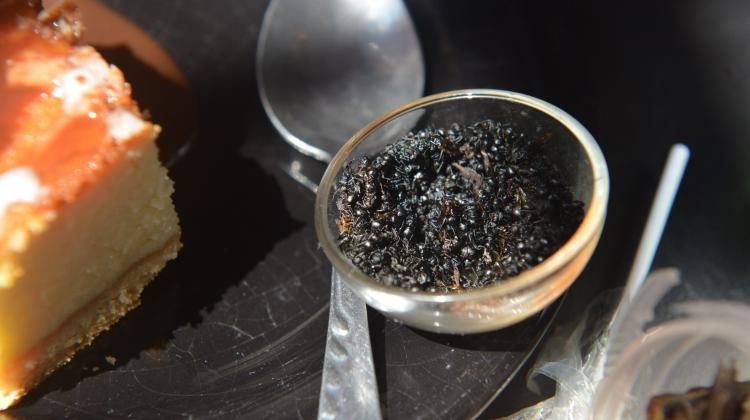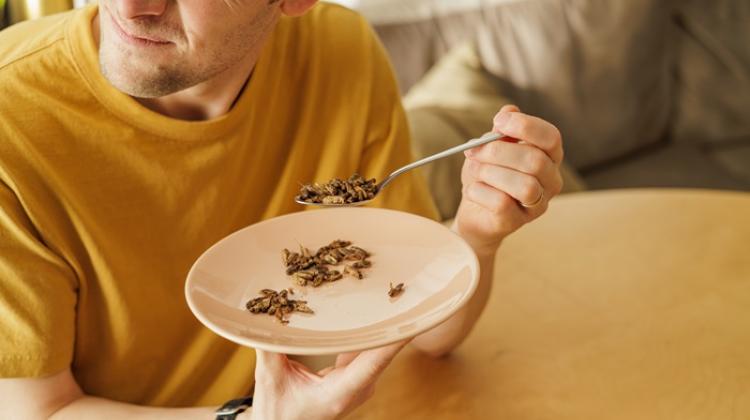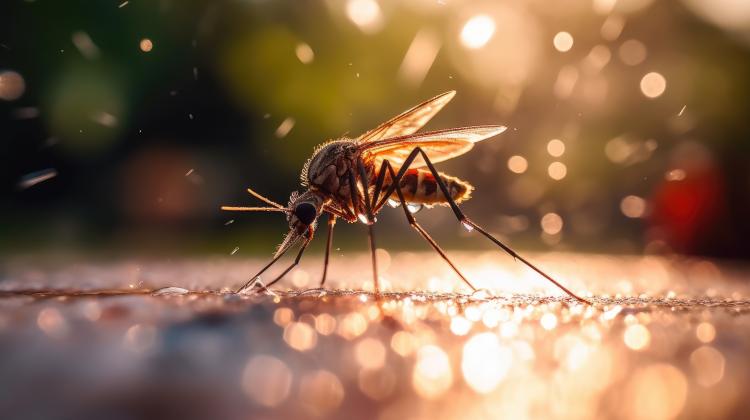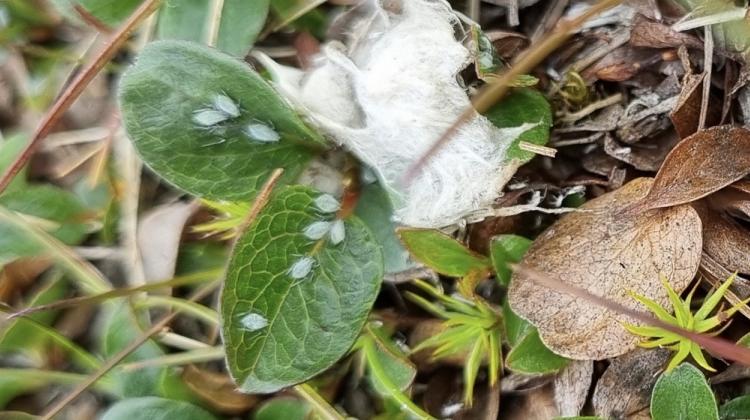Expert: Insects will become part of our diet in the near future
 PAP © 2017 / Grzegorz Michałowski
PAP © 2017 / Grzegorz Michałowski
Insects on our plates could be our future, and not necessarily a distant one; they are cheaper than beef, and breeding them is not such a burden for the environment as breeding slaughter animals, believes Dr. Anna Żołnierczyk from Wrocław University of Environmental and Life Sciences.
Researchers from the university in Wrocław publish materials on edible insects in the Atlas of Open Science Resources (Atlas Zasobów Otwartej Nauki, AZON). It is an online, publicly available information platform. It is created within the framework of the project Active Information Platform e-scienceplus.pl in the Centre of Knowledge and Science and Technology Information (Centrum Wiedzy i Informacji Naukowo-Technicznej, CWiNT) at Wroclaw University of Technology. The partners of the AZON project are Wrocław universities: the University School of Physical Education, Wrocław University of Environmental and Life Sciences, Wroclaw Medical University, and the Systems Research Institute of the Polish Academy of Sciences in Warsaw.
Dr. Anna Żołnierczyk from the Faculty of Biotechnology and Food Science, Wrocław University of Environmental and Life Sciences, emphasized that today insects are part of the daily diet of the population of 80 percent countries in the world. "These are the countries of the equatorial belt, much warmer than Poland. Insects are eaten in Asia, Central and South America, Australia, Oceania and Africa. As you can see, we are a minority" - Dr. Żołnierczyk told PAP.
According to the scientist, it is possible that insects will appear on the European plates in the near future. The expert pointed out that - firstly - insect breeding is cheaper than, for example, beef. "Secondly, it does not involve emissions of large quantities of greenhouse gases or ammonia, which inevitably accompany large cattle farms. Thirdly, in the situation of drinking water shortages in many parts of the world, it is of great importance that insects need much less water than any other, larger animals" - she emphasised.
Dr. Żołnierczyk drew attention to the nutritional value of insect meat. "Insects have far more protein than fat compared to, for example, beef. Larvae will have more fat than adult insects, but still less than other types of meat" - she said. Therefore, in her opinion, insect foods are dietetic because they have less calorie content.
The expert added she was working with Wrocław University of Technology scientists in a project aimed at investigating the bioavailability of elements such as calcium or iron in insect meat.
The researcher told PAP that even today we eat insect products without being aware of it. "Insects are used in the food industry. For example the dye E120, carmine, which gives a beautiful red colour, is derived from bugs, cochineals. It is added to beverages and fruit purées" - she reminded.
As examples of food made from insects or other invertebrate, she named toffee with earthworms and brownie with mealworms. "First, after harvest, earthworms were starved, then cooked and mixed. Both candy and brownies were delicious. We must also keep in mind that the digestive tract of insects is inhabited by microbes and parasites, which may be dangerous to us. For that reason, microbiological control is necessary, as is the case with all food products" - she said.
Scientific materials made available in AZON have been developed through research, education and popularisation activities. The resources are integrated and processed to be easy to search and use, for example in science and business.
PAP - Science and Scholarship in Poland, Piotr Doczekalski
pdo/ agt/ kap/
tr. RL
Przed dodaniem komentarza prosimy o zapoznanie z Regulaminem forum serwisu Nauka w Polsce.


















